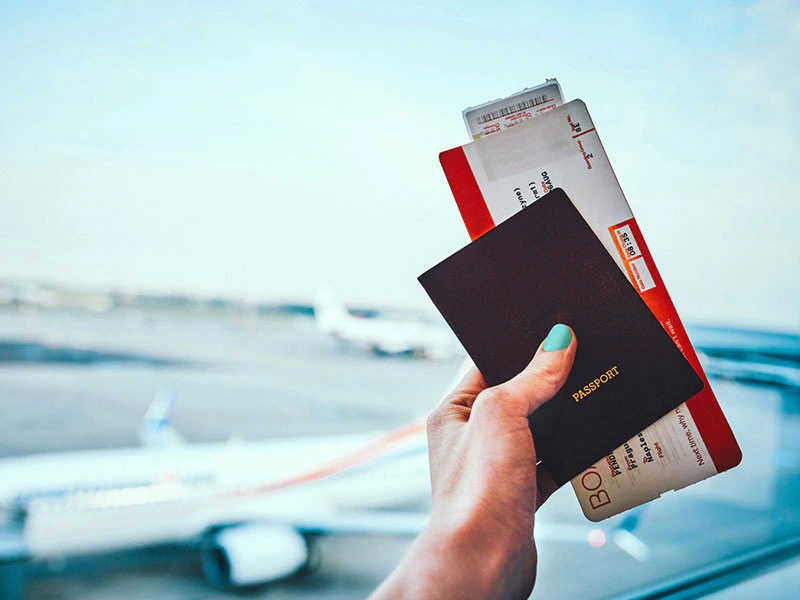What Are Air Tickets?

Air Tickets are documents or electronic records that confirm a passenger’s seat on an airplane. These tickets may be paper or electronic, and may contain coupons or vouchers. Some tickets include a surcharge for fuel. Learn more about airline tickets here! Also, learn about what to look for in an e-ticket.
e-tickets
The e-ticket is an electronic ticket that contains the details of your travel route. An e-ticket will also include a confirmation email. Upon purchase, your e-ticket is stored in a special database. An e-ticket is practically impossible to lose, and if you misplace it, you can always request another one for no additional cost. Additionally, e-tickets allow you to be flexible with your trip planning. In addition, you don’t have to worry about waiting in line at the travel office or courier delivery.
When you purchase e-tickets, you’ll receive a confirmation e-mail with a link to your airline’s Web site. The e-ticket will also include the airline’s contact information. If you ever have questions, the airline will usually have pre-set auto responses to your questions or an FAQ page that contains relevant answers. If you have any trouble with your e-ticket, you can also contact a Virtual Assistant online who can help you with the process.
Round-trip tickets
Round-trip air tickets are those that let you travel from one point to another without having to return. The ticket will include all of the destination information, as well as the date and time of the flight. The best part about round-trip tickets is that you only need to buy one ticket. This type of ticket is popular for short trips, and usually has the same validity as one-way tickets.
Round-trip air tickets are generally cheaper than one-way tickets. This is because you don’t have to pay a separate cancelation fee on the return flight. In addition, round-trip tickets are usually easier to manage than two one-way tickets.
Fuel surcharges
The rise in fuel prices is causing many airlines to raise the price of air tickets. AirAsia introduced a fuel surcharge on its tickets on March 5th, and several other airlines followed suit. These include China Airlines, Emirates, Japan Airlines, and ANA Holdings. Some airlines are hedged against rising oil prices, such as Delta Air Lines, which owns its own refinery. However, many airlines are feeling the pinch as the need to conserve airspace has caused them to increase fares.
The fuel surcharge is a hidden fee that airlines add to flight prices to cover their costs. The amount of the surcharge can vary wildly between airlines and cabins, and even within the same airline, itinerary, and cabin. The lack of transparency has made the problem spiral out of control. The fees, which are not mandated by the government, can add up to $300 to the price of a flight. One Business Insider investigation found that an average $1,690 flight could have a fuel surcharge of up to $259 (and that is not the maximum amount).
Checking in with an e-ticket
For some travelers, checking in with an e-ticket for air travel can make the whole process easier. It can be done online 24 hours before your scheduled departure. You can then print your boarding pass, or even send a scannable version to your smartphone. If you choose to print your boarding pass, make sure you keep it for your records.
E-tickets are not just reservation forms – they’re also proof of payment. When checking in for a flight, the counter agent may ask for a printout of your flight ticket or other travel document, such as a credit card. Different airlines use different styles and formats of e-tickets, but they all provide similar information.
